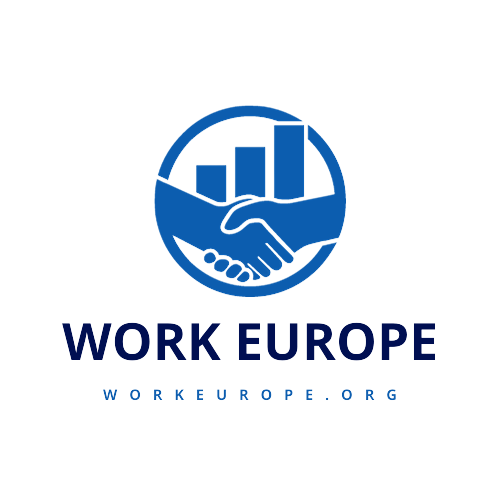Tech skills shortage still a problem for employers
According to Hays, a skills shortage has affected almost 95% of firms looking for computer expertise. The recruitment and HR agency discovered that 94% of firms and employees in the UK, including 1,400 in the IT industry, experienced a talent shortage in 2017. This is an increase from the 89% recorded the year prior. Technology-focused Hays director James Hallahan stated:
Continue reading

